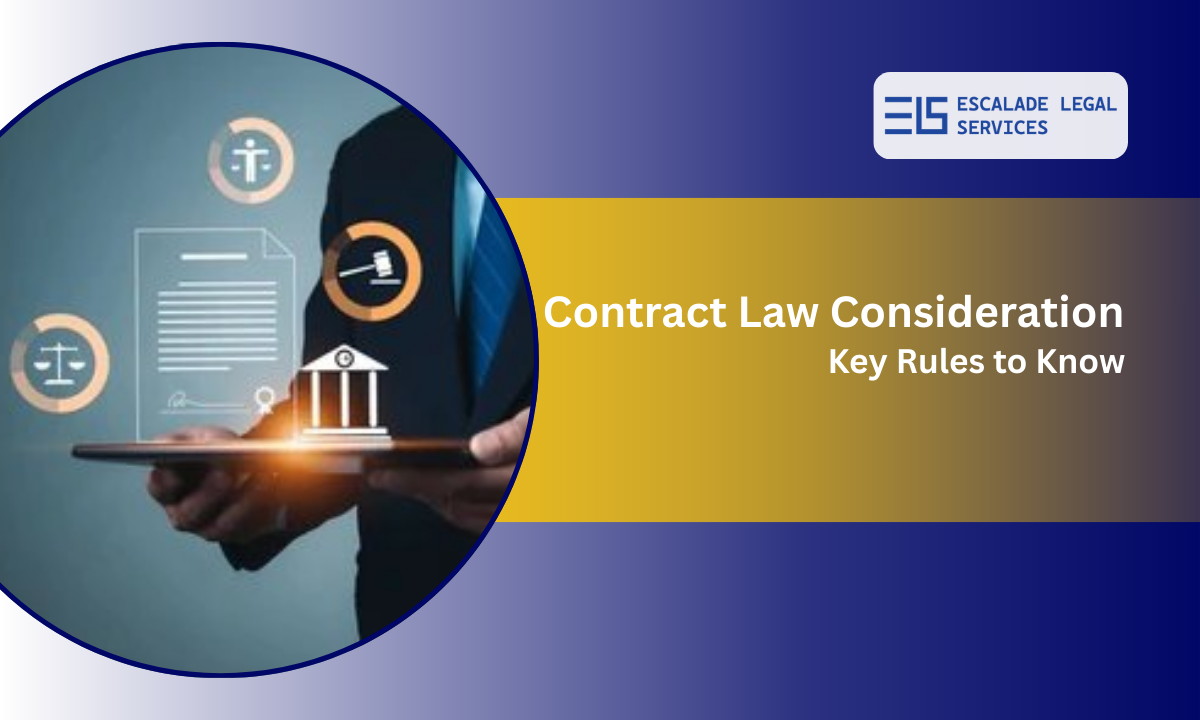IP audits are the backbone of informed decision-making when businesses come together through mergers and acquisitions transactions. In today’s knowledge-driven economy, intellectual property often represents the most valuable asset a company owns, sometimes even surpassing its physical assets.
Whether it’s patents, trademarks, copyrights, or trade secrets, these intangible assets can make or break a deal. Yet many businesses overlook the critical step of thoroughly evaluating IP assets before signing on the dotted line.
Working with a top IP, IPR law firm in Bangalore, India, ensures that every intellectual property element is scrutinized before the transaction closes. But what exactly makes IP audits so indispensable in M&A transactions? Let’s understand.
Understanding IP Audits in the M&A Context

An IP audit is a systematic review of all intellectual property assets owned, used, or acquired by a company. In the context of mergers and acquisitions, this process becomes even more crucial.
We examine not just what IP exists, but who owns it, how it’s protected, and what risks it carries. This includes reviewing patents, trademarks, copyrights, domain names, trade secrets, and licensing agreements.
The goal is simple: to ensure the acquiring company knows exactly what it’s getting.
Why IP Audits Matter in Different Mergers and Acquisitions Types
Different mergers and acquisitions types present unique IP challenges. In horizontal mergers where competitors join forces, overlapping IP portfolios need careful analysis to avoid redundancy and identify synergies.
Vertical mergers require assessment of complementary IP assets along the supply chain. Conglomerate mergers demand evaluation of diverse IP portfolios across unrelated business sectors.
Each scenario requires a tailored IP audit framework that addresses specific concerns. Without this structured approach, companies risk overpaying for assets or inheriting hidden liabilities.
Key Components of an Effective IP Audit Framework
A comprehensive IP audit framework covers multiple dimensions of intellectual property. We start by creating a complete inventory of all IP assets, including registered and unregistered rights.
Ownership verification is critical. Many mergers and acquisitions cases have fallen apart because IP wasn’t actually owned by the selling company but was instead licensed or jointly owned.
We also assess the validity and enforceability of IP rights. Are patents still in force? Have trademarks been properly maintained? Are trade secrets adequately protected?
| IP Audit Component | Key Questions |
|---|---|
| Ownership | Who legally owns each IP asset? |
| Validity | Are registrations current and enforceable? |
| Encumbrances | Are there liens, licenses, or restrictions? |
| Infringement Risk | Does the IP infringe third-party rights? |
| Value Assessment | What is the actual market value? |
The Role of an IP Lawyer in M&A Transactions
An experienced IP lawyer brings specialized knowledge that general corporate attorneys may lack. We understand the technical nuances of patent claims, the geographic limitations of trademark rights, and the complexities of copyright ownership.
During due diligence, IP lawyers identify red flags that could derail a deal. We spot problematic licensing terms, potential infringement issues, and gaps in IP protection.
This expertise becomes especially valuable when dealing with mergers and acquisitions tax implications. IP transfers can trigger significant tax consequences, and proper structuring requires both tax and IP law knowledge.
Partnering with a top IP, IPR law firm in Bangalore, India, gives you access to professionals who understand both local and international IP law, crucial for cross-border transactions.
Common IP Issues Discovered During Audits
Through our work at the Intellectual Property Law Firm in Bangalore, we’ve encountered numerous issues that could have been avoided with proper audits. Employee-created IP without proper assignment agreements is surprisingly common.
We’ve seen cases where key patents were never filed, leaving innovations unprotected. Expired or abandoned trademarks that companies assumed were still active represent another frequent problem.
Third-party IP embedded in products without proper licenses creates substantial liability. These discoveries often lead to renegotiated deal terms or, in extreme cases, terminated transactions.
Conducting IP Audits: A Practical Approach
We recommend starting IP audits early in the M&A process, ideally during initial due diligence. This gives time to address issues before they become deal-breakers.
Document everything systematically. Create spreadsheets tracking each IP asset with its registration details, ownership status, and any encumbrances.
Tip: Don’t forget to audit IP-related contracts, including employment agreements, consulting agreements, and vendor contracts. These often contain crucial provisions about IP ownership and usage rights.
Engage technical experts when needed. Patent audits may require engineers who understand the technology. Software-heavy deals might need code reviews to identify open-source licensing issues.
IP Valuation and Deal Structuring
Understanding IP value influences how M&A transactions are structured. High-value IP portfolios might justify premium pricing or earn-out provisions based on future IP performance.
We also consider how IP transfers affect mergers and acquisitions tax obligations. Different structuring options can optimize tax outcomes while preserving IP protection.
Sometimes, IP assets are carved out into separate entities or licensed back to the seller. These arrangements require careful drafting to avoid future disputes.
Working with the Right IP Law Firm
Choosing the right IP law firm makes a tremendous difference in M&A outcomes. You need a team with both transactional experience and deep IP expertise.
At Escalade Legal Services, we’ve guided clients through complex IP audits in various industries. Our approach combines thorough analysis with practical business sense.
We don’t just identify problems; we propose solutions that keep deals moving forward while protecting our clients’ interests.
Final Thoughts
IP audits are not optional in modern M&A transactions; they are essential. The costs of conducting a thorough audit pale in comparison to the risks of acquiring problematic IP or missing valuable assets.
Whether you’re buying or selling, understanding the true state of IP assets gives you negotiating power and protection. Work with professionals who understand both the legal and business implications.
At Escalade Legal Services, we have seen how proper IP due diligence creates successful transactions and prevents costly mistakes. The investment in a comprehensive IP audit always pays dividends.
Frequently Asked Questions
Q: How long does an IP audit take in an M&A transaction?
A: Typically 2-6 weeks, depending on the size and complexity of the IP portfolio, though simple transactions may be faster.
Q: What’s the cost of an IP audit?
A: Costs vary based on portfolio size and complexity but generally range from a few thousand to several hundred thousand dollars for large transactions.
Q: Can we skip the IP audit if the target company is small?
A: No. Small companies often have informal IP practices that create larger risks. Size doesn’t eliminate the need for due diligence.
Q: Who should conduct the IP audit?
A: An experienced IP lawyer from an IP law firm with M&A experience should lead the audit, potentially supported by technical experts.





